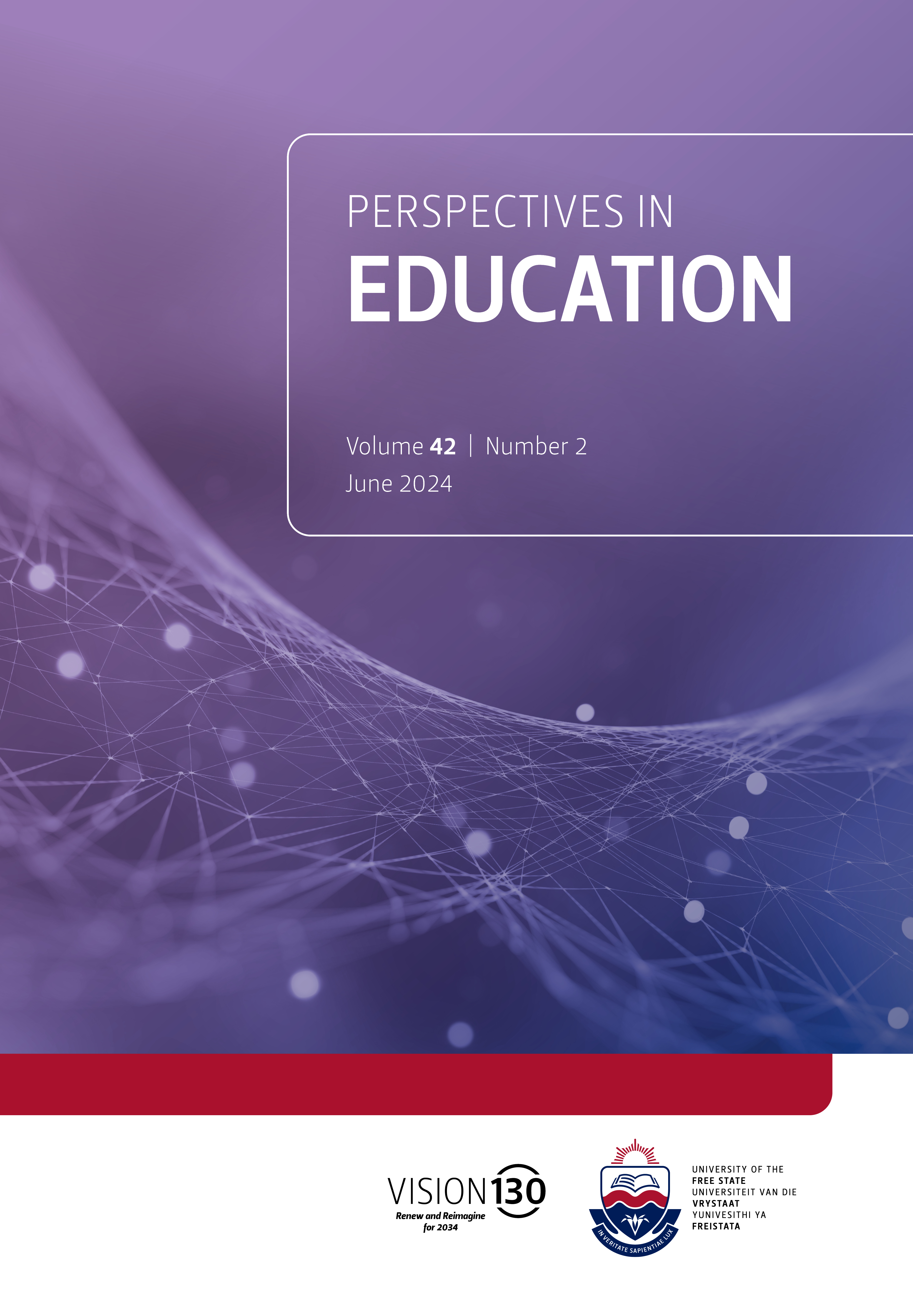The World Bank’s neoliberal agenda and inclusive education in post-apartheid South African schools
DOI:
https://doi.org/10.38140/pie.v42i2.7454Keywords:
inclusive education, neoliberal education agenda, schools, South Africa, the World BankAbstract
Globally, the World Bank’s neoliberal agenda has reframed inclusive education through its investment projects and inclusive policies, thus begetting unevenness and social inequalities. Accordingly, in South Africa, the World Bank’s neoliberal investment projects and inclusive policies exacerbate the exclusion of learners in schools. The critical theory framework is adopted as a lens to explore the extent to which the World Bank’s neoliberal education agenda meets the end goals of democracy and social justice in post-apartheid South Africa. A critical analysis of the World Bank’s inclusive education policies points to a neoliberal agenda that fosters liberalisation instead of human rights; a policy that propagates privatisation instead of universal education; learners’ emancipation barricaded by investment projects that favour deregulation instead of regulation; and illusive social change due to neoliberal public policies in post-apartheid South African schools. Ultimately, the authors argue that the World Bank’s incoherent, inconsistent and ambiguous neoliberal education agenda does not speak to its intended recipients, namely the poor, unprivileged and excluded learners in post-apartheid South African schools. A recommendation thus put forward is that the World Bank should redirect its investment projects and revise its inclusive policies in the quest to spearhead universal and free public education.
Downloads
##submission.downloads##
Published
How to Cite
Issue
Section
License
Copyright (c) 2024 Nomsa Mnisi, Dr Mathebula

This work is licensed under a Creative Commons Attribution 4.0 International License.









